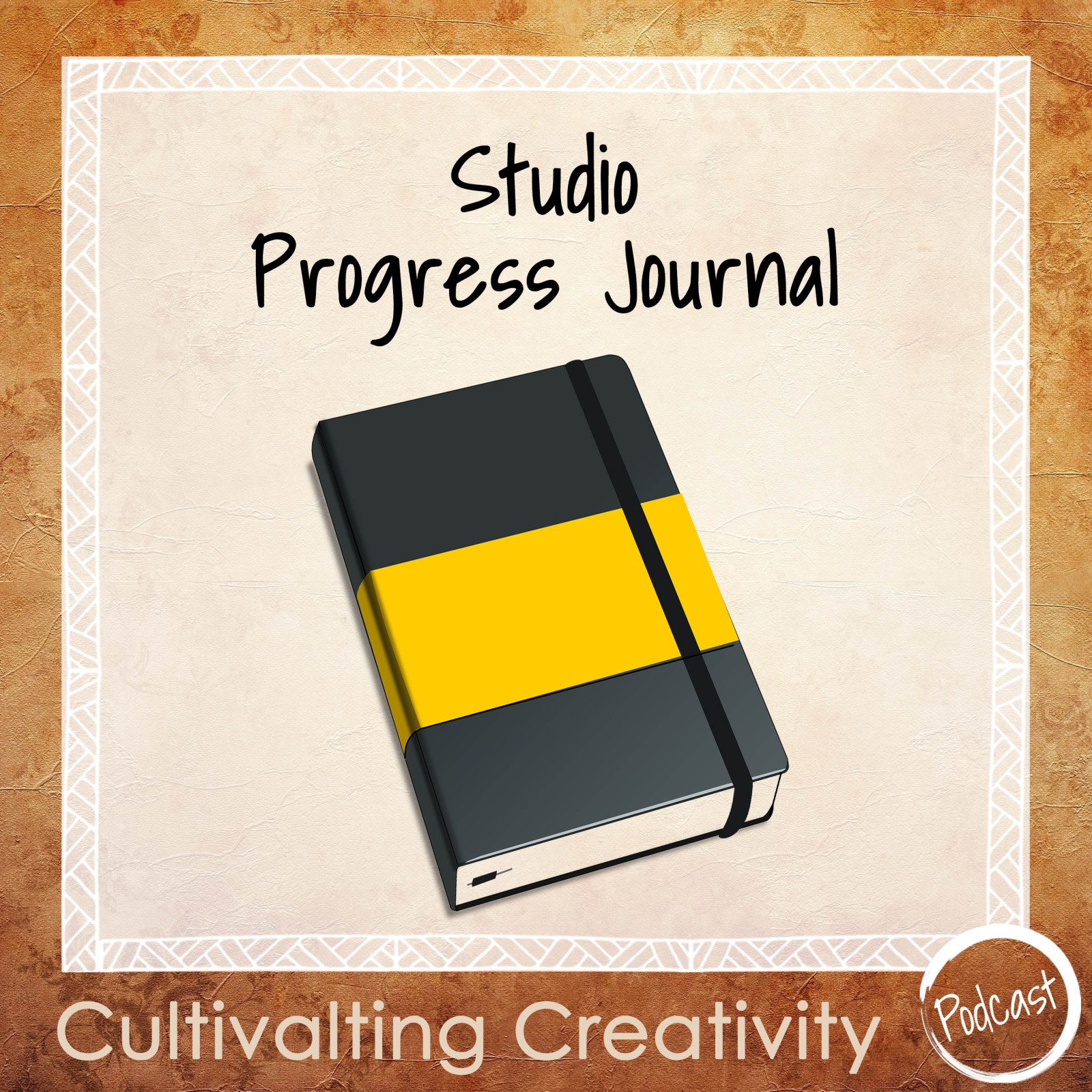
Show Notes
Summary:
Do you ever forget where you left off on an artwork when life interrupted? In this episode, I talk about an amazing productivity tool for your studio called the progress journal! It is a living record of your progress on an art piece that allows you to start and stop with no lag time of remembering where you were. Start yours today!
created by a human
Episode Transcription:
[00:00:00] Welcome I'm Kristi Backman. This is my podcast, Cultivating Creativity. It's about helping you build your creative life. Giving creatives a way to make space for artistic growth through the insights for the mind of an artist, instructor and art coach about the creative process and living that crazy creative life.
[00:00:27] In this episode, I talk about an amazing productivity tool for your studio called the progress journal. It's a living record of your progress on an art piece that allows you to start and stop with no lag time of remembering where you left off. Learn more about this technique and then begin your own today!
[00:00:53] Do you like to juggle projects? To work in batches and switch from piece to piece? Do you have other things going on in your life that take your attention? Has it been a while since you worked on a project? Are you a human and life can just happen? If you can answer yes to any of these questions, then a progress journal would be an amazing addition to your studio.
[00:01:13] So, what is it? A progress journal is a living record of your progress on a particular work. It's a place to store your thoughts and jot down ideas. When I'm immersed in a project, I'm totally dialed in. But from there anything can happen. And then it takes a bit to get back into that headspace and pick up where I left off. I may lose some of the nuances I was really focused on.
[00:01:35] The progress journal can be digital or physical, but most artists have an extra sketchbook floating around their studio and that will work great. You can also have fun with it, paint it, collage it, make it stand out. Whatever engages you and makes it a fun tool to use. But honestly, it's a powerful productivity tool that helps me engage with my work much faster in each session.
[00:01:58] So how does it work? After each session, I spend three to five minutes making notes. I notate, what did I do? What did I work on? What was I thinking? What was I thinking about doing next? What are those next steps I'm wanting to take in this piece? When I begin working on that piece again, I review my notes and can quickly acclimate to where it was I left off and I can dive into that head space very quickly. Otherwise, it takes me a while of feeling into it. And there's this transition of getting back into a piece that just takes time and can sometimes be very frustrating.
[00:02:34] So this allows me to begin with confidence. I don't have to try to remember what I was thinking or what I wanted to do next. I know. Now this isn't to say, I can't change that direction. I just have documented what I was thinking the last time I was actively working on this piece. I also notate things I'm thinking about or things I want to research or next ideas. I notate if I'm prepping for the next thing or cleaning up after the previous projects. All the time spent in the studio or for the studio is documented in this journal.
[00:03:06] The evolution of this tool is pretty interesting. I'm sure I'm not the first person to do something like this and to create this technique. Many artists naturally do this in their sketchbooks. But doing this with intention can make it a much more powerful tool. I began using a progress journal in art school. I had multiple studio classes in addition to my gen eds and my job. So, all that switching gears required me to write things down. I started with post-it notes and random sheets of paper, but as I began to rely on my notes more, I just grabbed a sketchbook and kept it all in one place. I would have never been as efficient as I was during school, without this practice. It allowed me to switch gears and never lose time in the transition.
[00:03:52] I figured when I was done with school, I wouldn't need to keep a progress journal anymore. But in reality, life, right? It interrupts us all the time. You never know when things will come up. For example, I had a piece that I started before a series of moves. I had several moves in a couple of years period. And after I got to a more permanent location, I unpacked everything and found that piece. It had been a couple of years, but I still loved the piece and wanted to finish it. And because of my progress journal, I was able to pick it back up and complete it. No problem.
[00:04:26] I learned a long time ago that writing things down in general greatly reduces my general anxiety of forgetting something. If I know that it's important, I write it down. Honestly alone that life hack is a game changer, but when I focus it into a practice for my studio, it really enhances the productivity of my studio. And really isn't your art more important than the bread or the milk you need to bring home?
[00:04:52] Let me give you some examples of working scenarios. One example, I create fiberglass forms, and this requires a certain number of layups or layers of fiberglass. If I'm pulled away from a project that life interrupts, I can lose track what layup I left off on. And if this happens, I may need to like overdo it to just be safe in terms of the structural stability of the form itself. So, in the end it saves time, effort and materials.
[00:05:21] Do you have a process-based art technique? This can be an amazing time saver. Are you a multimedia artist who works in several materials or processes? This can be a great way to keep track document processes and know when it's time for the next phase. Do you juggle your work? Do you like to work on different works according to your mood? This helps that as well; you can even notate the mood that would be best to enhance this piece. Perhaps a show is coming up and you have to switch gears. Maybe you get a commission, and you have to switch all your focus to that.
[00:05:57] This just gives you peace of mind because just in case, you never know. I've had several times in my life where my art had to take a backseat to other life stuff. That's just the reality of being human. Some are short periods. Unfortunately, some were a little bit longer. This tool became reassurance that I wasn't quitting. That I was an artist. I just needed to take a timeout to address some other things. And as soon as I could, I would go back and continue the work. Getting back into the studio after a break is so much easier if you have a work in progress, AND if you have a record of what you were doing with work in progress.
[00:06:37] Plus the work doesn't feel abandoned, just postponed. It's almost a promise to yourself that you're going to get back to it and you will get back to it. It's amazing, the peace of mind that creates. It also stops that stupid voice that wants to start telling you, “you aren't really an artist”. You can shut that voice up and say, “yes, I am”. I'm just also an adult. I'm also a human that has to balance other things. Because of course you're an artist.
[00:07:07] If you think this isn't for you, I want you to ask yourself, have you ever been working on something and life interrupted? Did it take a while to get back into the piece? Did you have to scrap it or totally overhaul the piece? Could you see where just a few notes may have changed that outcome? Just think about it, try it out. I love to share lots of ideas and techniques and allow people to pick what works and modify it so it works best for them. Make it your own. How can you personalize this and have it really be beneficial for you?
[00:07:41] Another factor you can use this tool for that becomes almost a bonus. You can multitask with your progress journal and also notate things like time spent, materials used, progress made. These things are very important to record and get a handle on as you work professionally. If you work in a similar way with kind of a similar amount of time on a similar types of work that use about the same amount of materials. You can do this for a few pieces to get an average, and then estimate this for the majority of your work. But if you have a special project. If you tend to work in different modes, depending on your inspiration. Some things are big, some things are small, some things are series. However that may look for you, you do need to record these things. That's part of being a professional. It's helpful to know how long it may have taken to do a specific process if you get a commission. You will be better able to estimate the time required to create the piece.
[00:08:44] Also, understanding how long you've spent on pieces helps estimate an hourly wage. And knowing how much you spend on supplies. Estimating that per piece can be really beneficial. So, you can double down in your progress journal and make some notes. I like to check-in with each of these things at the end of each session, again, it seems like, oh my gosh, it's one more thing to do. But really, it just adds like another minute on your three to five. So maybe it takes four to six minutes and then you have all this data. It's so much better to have it and not need it than need it and not have it.
[00:09:21] This information helps with pricing, with sales, with insurance, with taxes and estimate for future projects. I have a Recordkeeping Course that dives into this more. But if you're already keeping a progress journal, it can perform double duty. You never can have too much information about your work.
[00:09:41] So I encourage you to try this today and again if you want to start small with just a post-it like I did in the beginning that's fine And then tune into that the next time you go into the piece This might seem over the top if you're in the studio today and you're going back tomorrow and so on but again you never know, something may happen. I have found that having a few notes is again just peace of mind and I think it'll really change your productivity levels. So, try it and see!
[00:10:12] I hope you found this helpful. This is such a simple idea and yet it's a complete lifesaver. As with everything, experiment with the details until you find how it works best for you. If you enjoyed this episode subscribe to my podcast leave a review and follow me in Instagram. Until next time!
created by a human

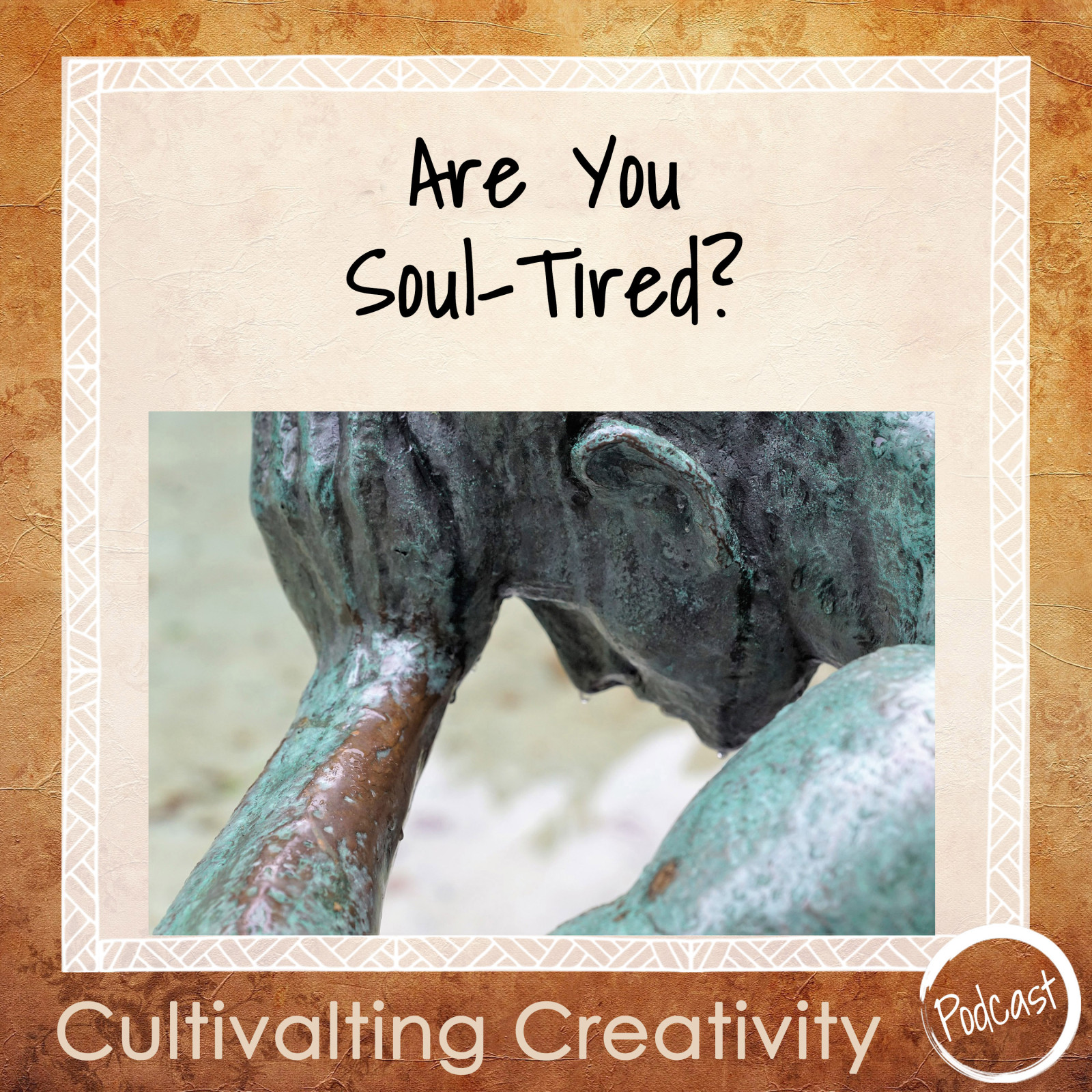
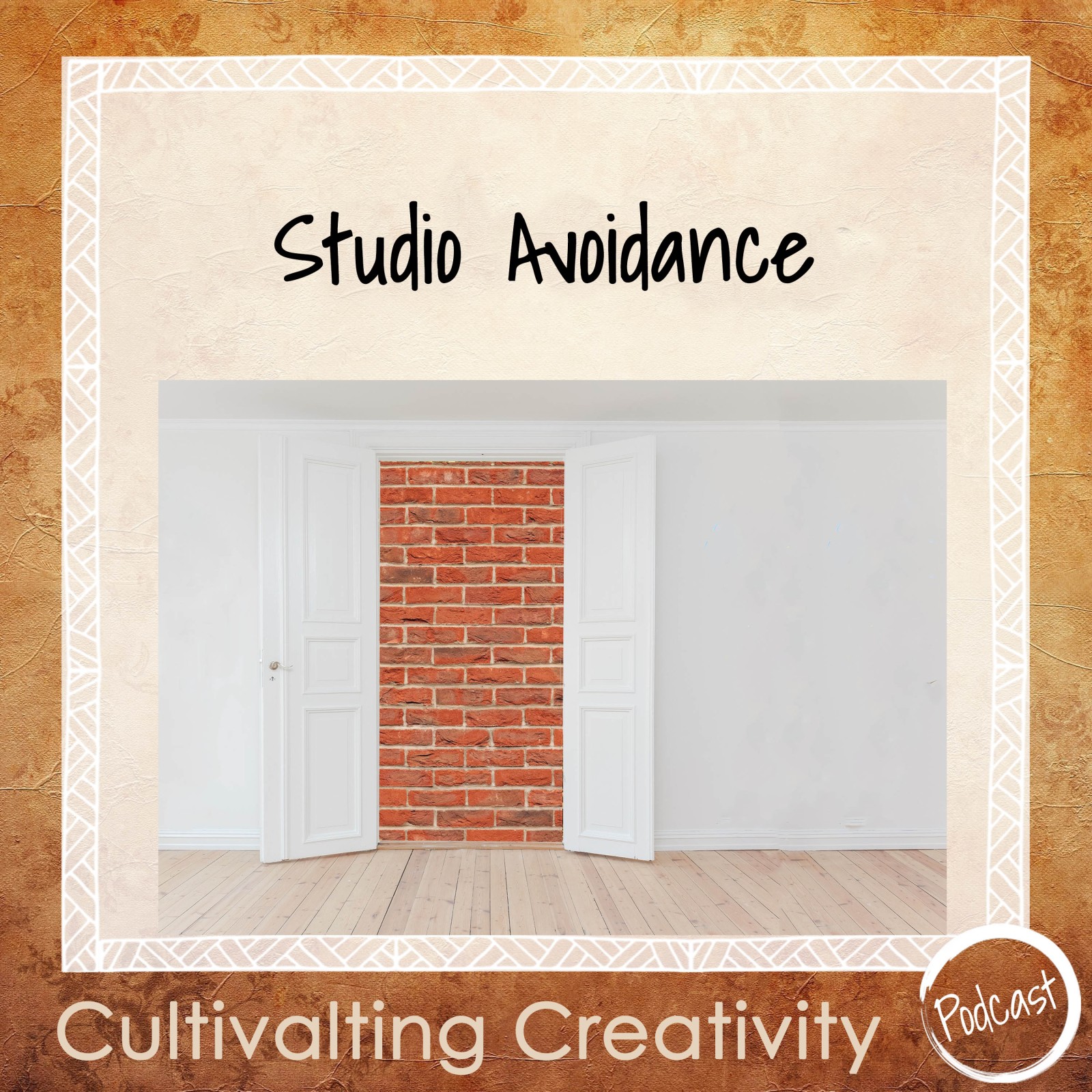
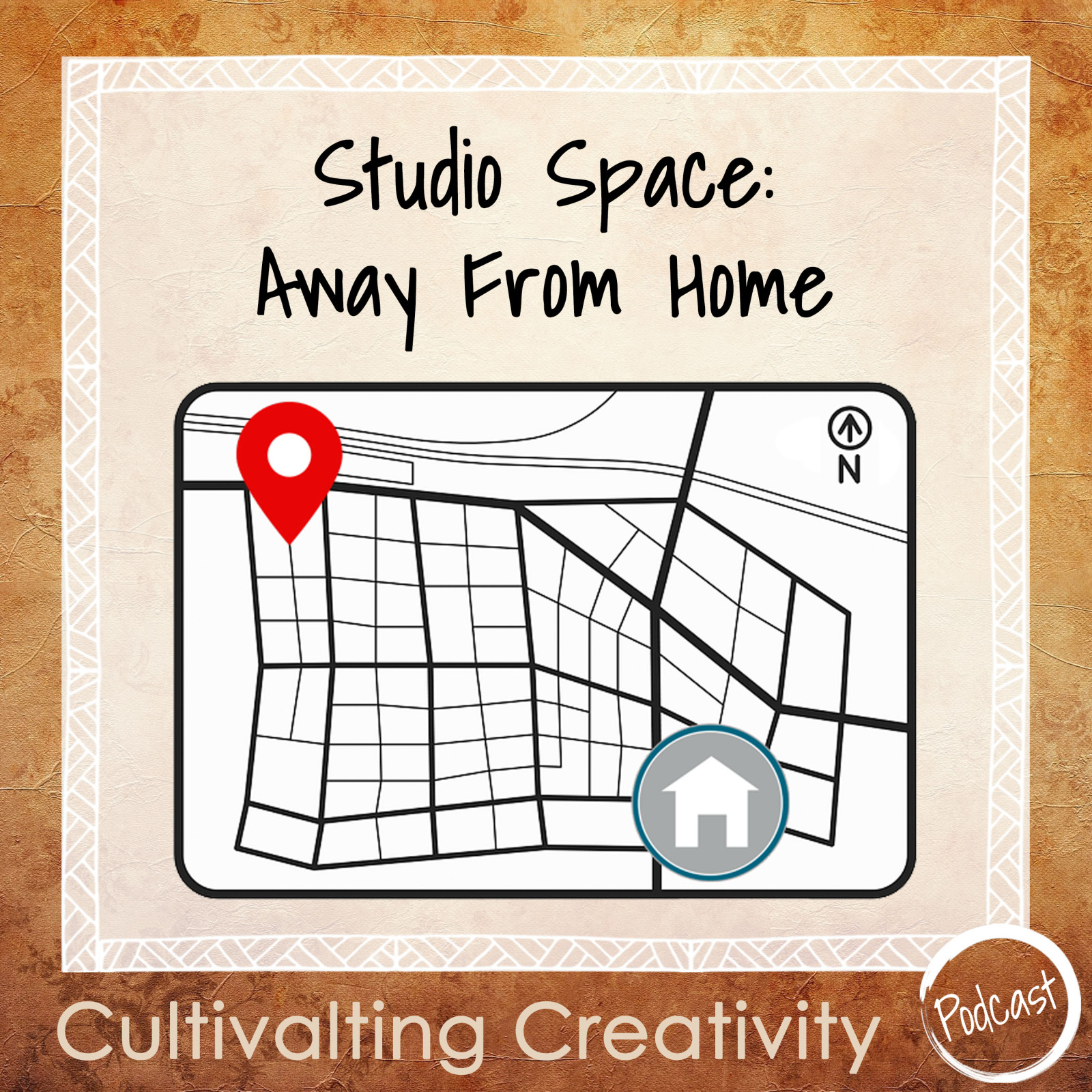
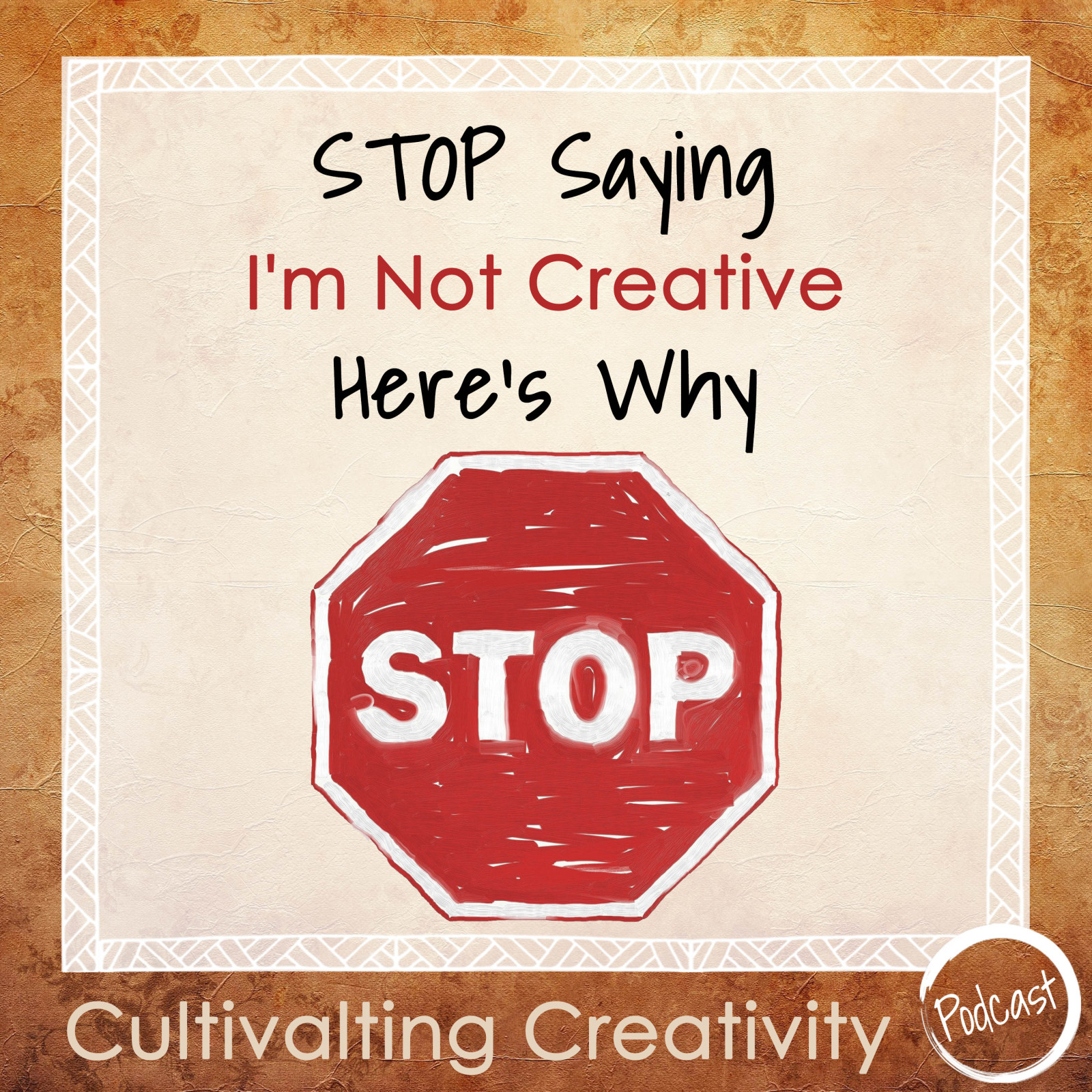
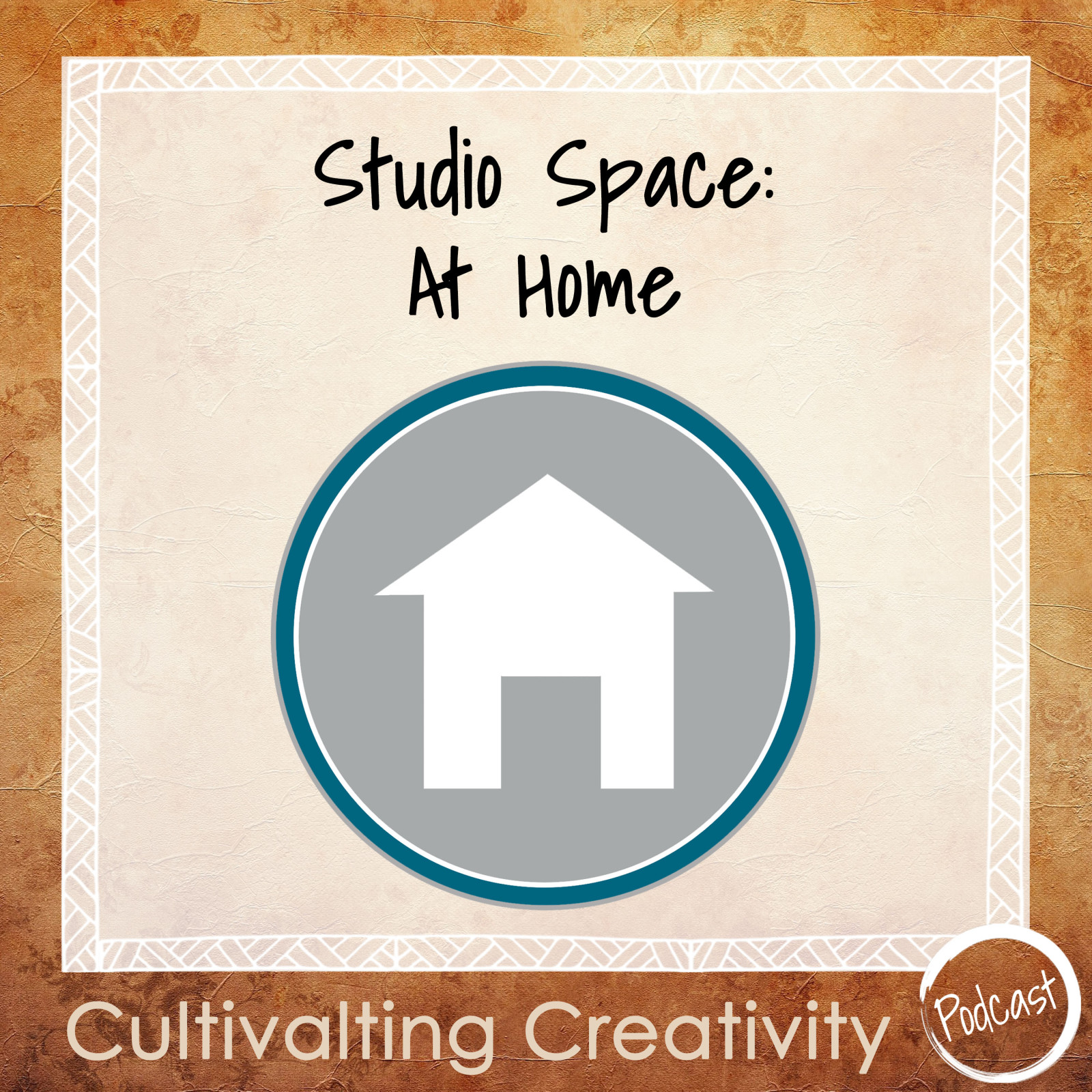
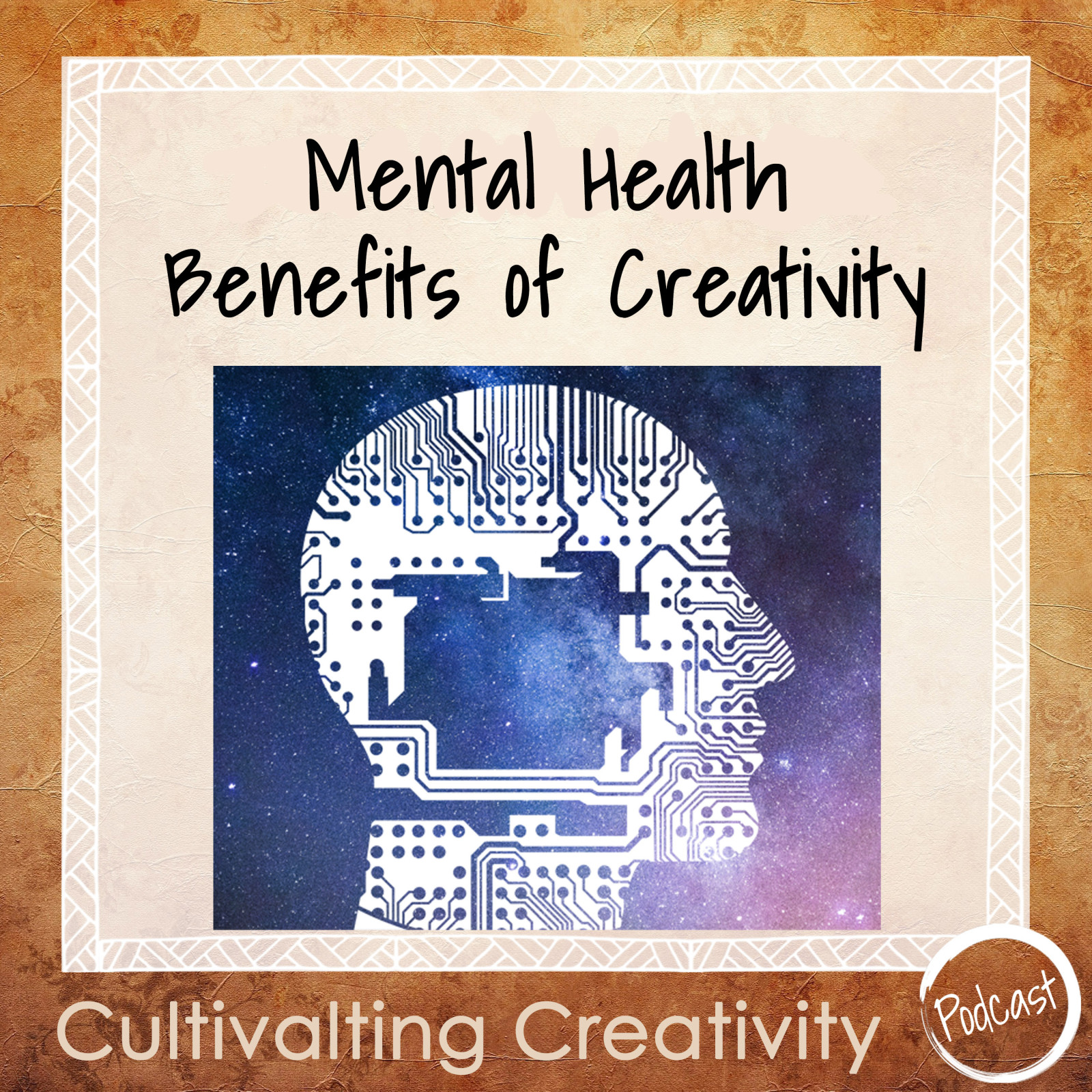
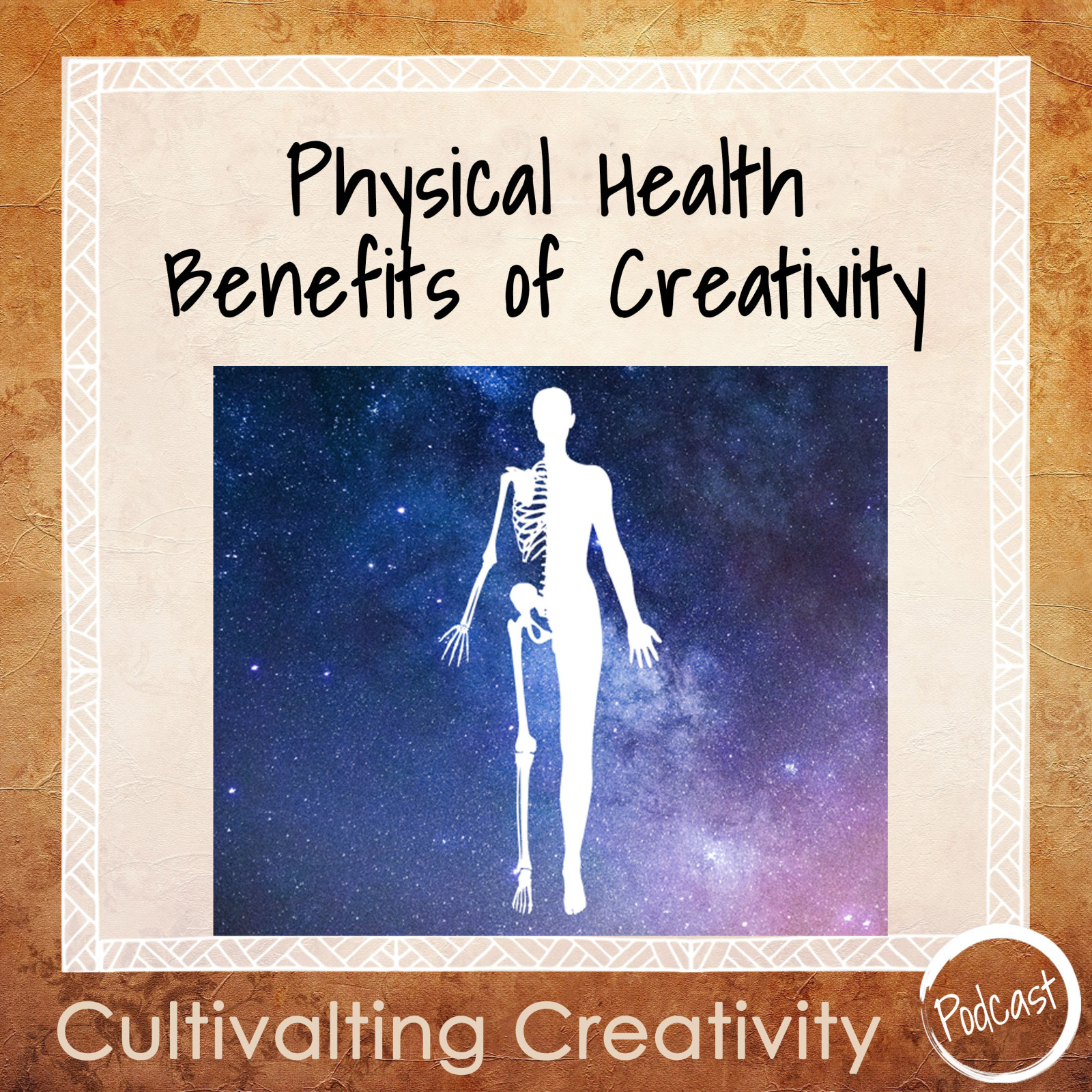
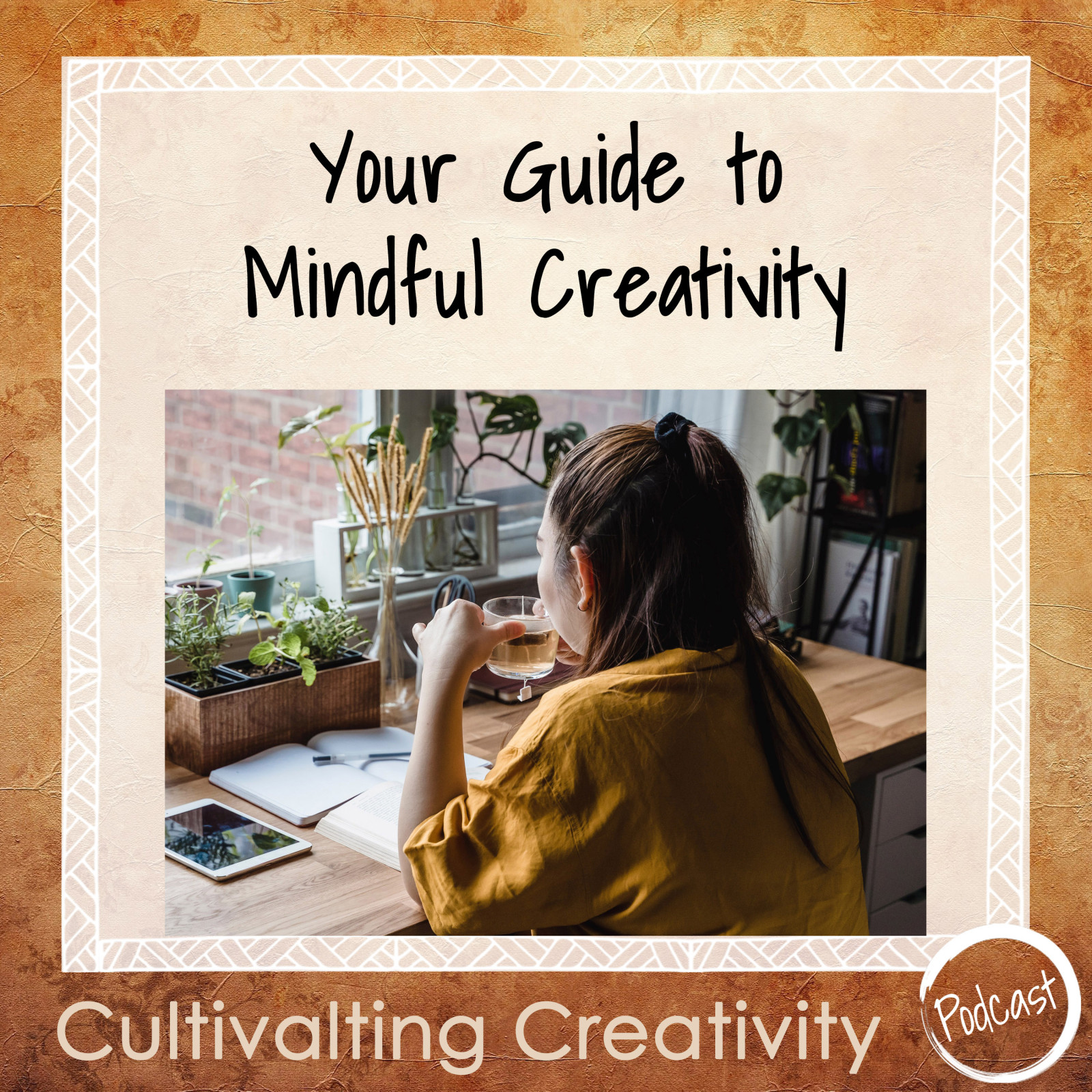
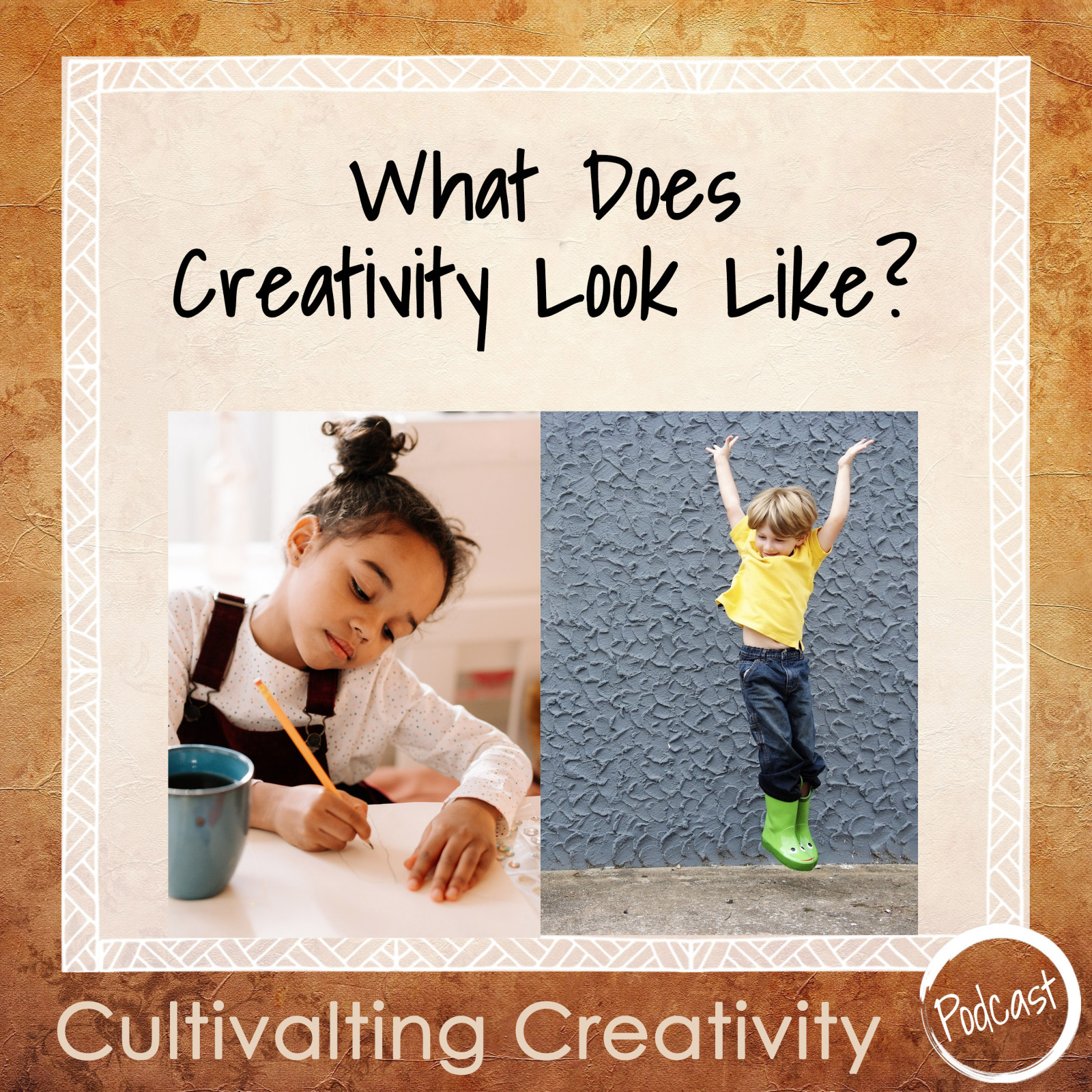
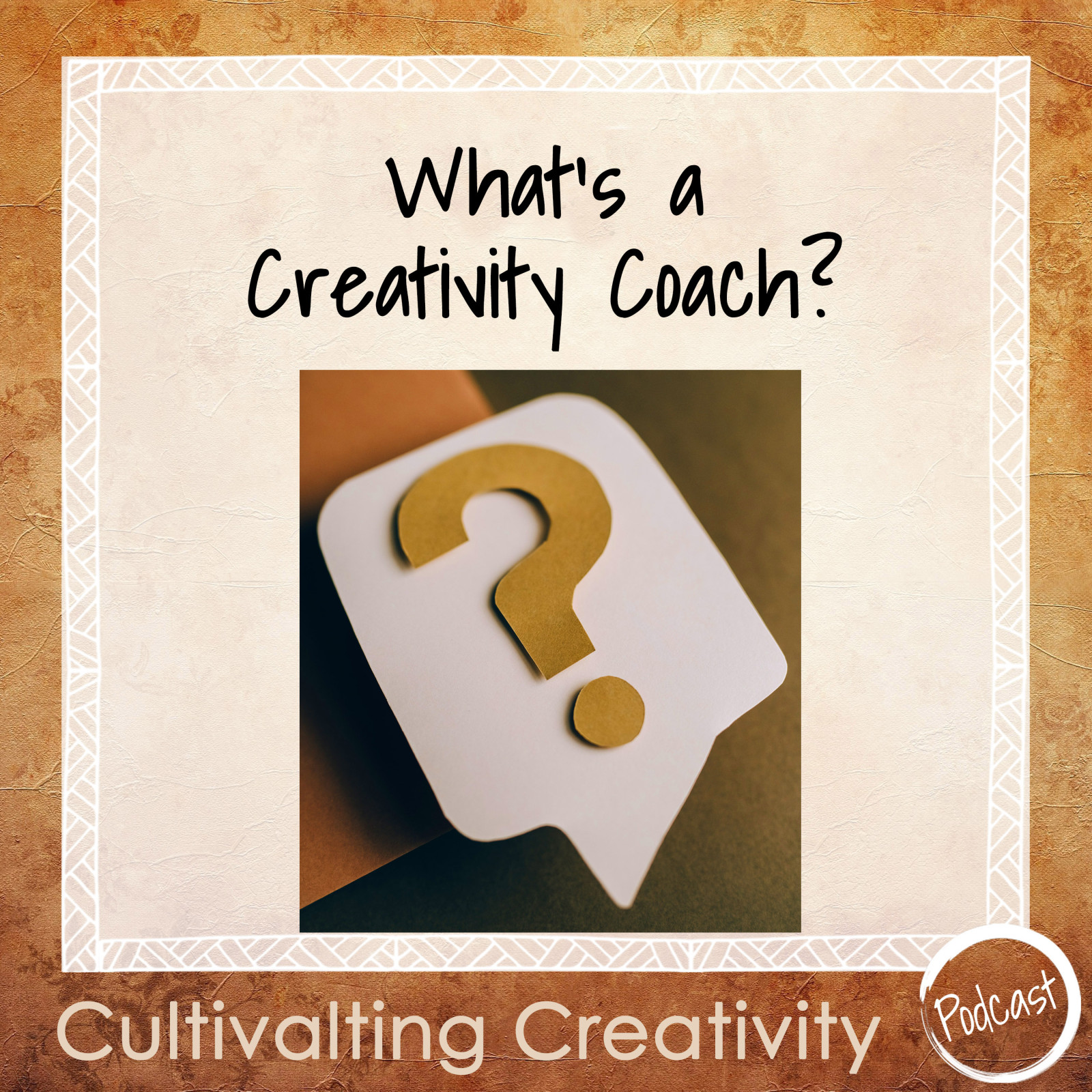
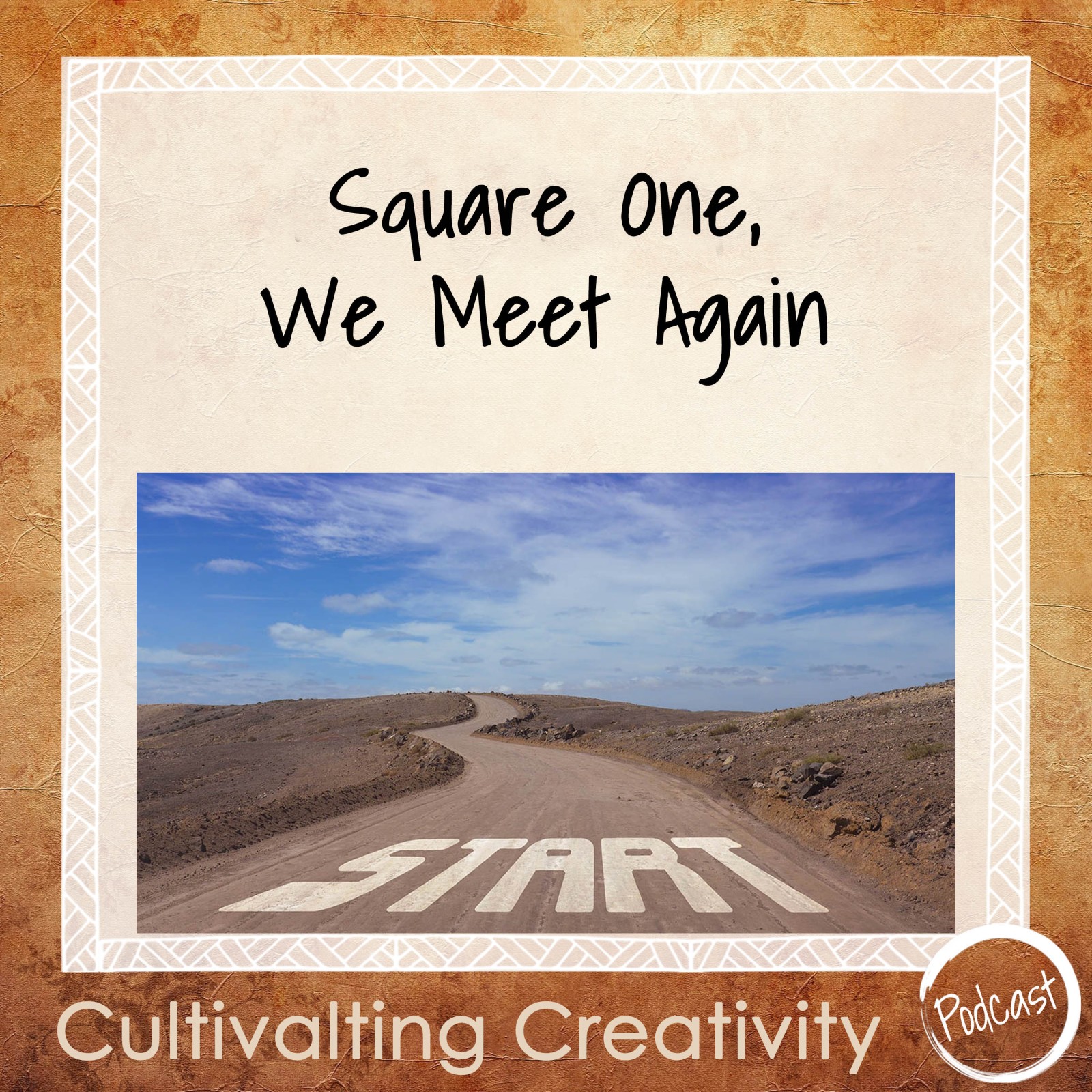
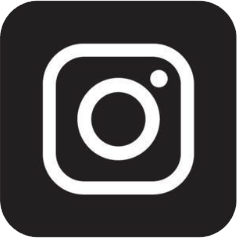


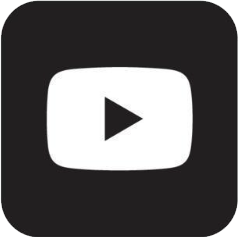
0 Comments